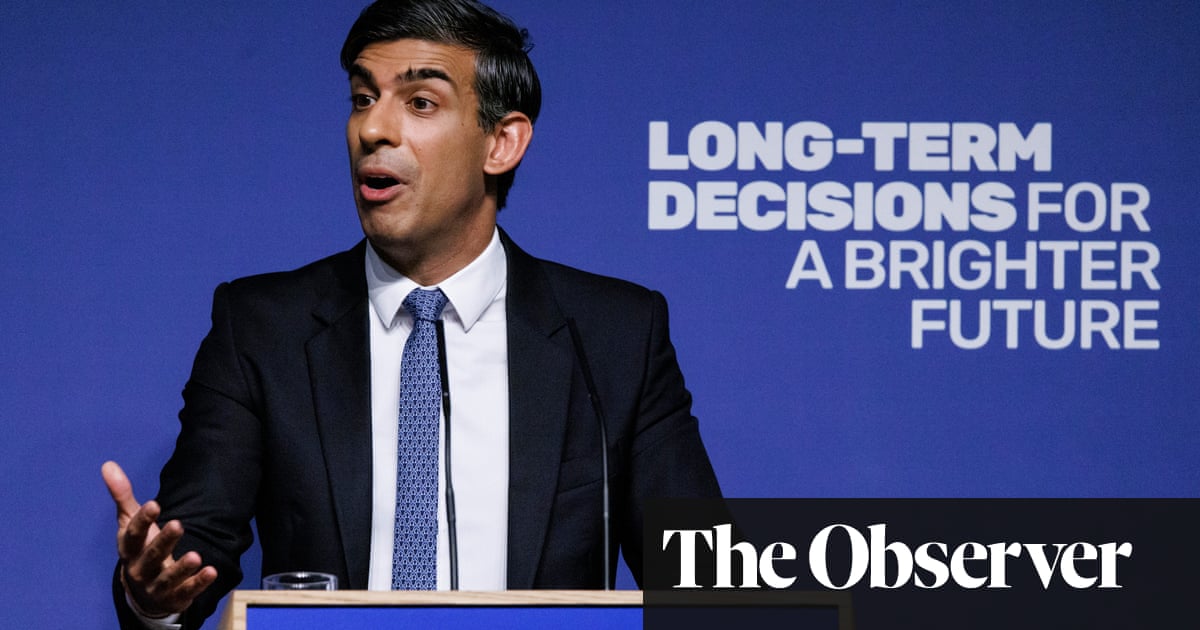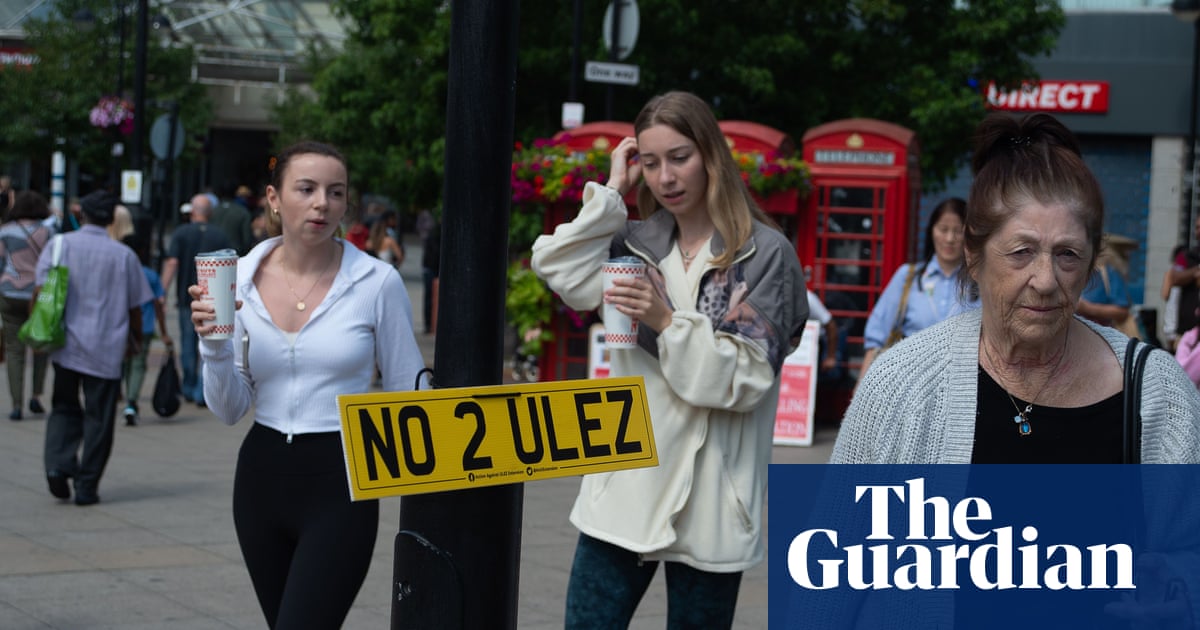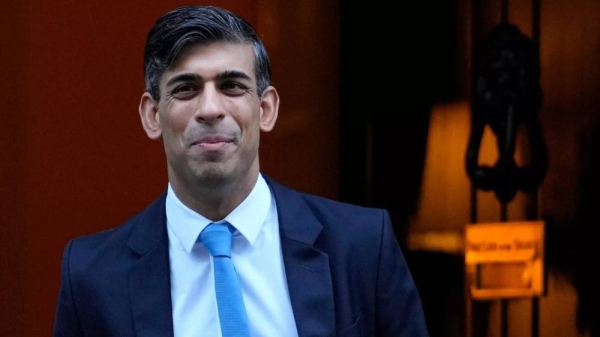
Rishi Sunak has unveiled another new policy in the battle between the Conservative leadership candidates to be tougher on immigration, promising that as prime minister he would double the number of overseas offenders who are deported each year.
In a plan immediately criticised by his rival Liz Truss’s camp as unworkable, the former chancellor said he would change the deportation rules so that overseas nationals convicted even of relatively minor crimes such as shoplifting could be deported.
Under what was billed as a “radical new approach to cutting crime”, Sunak said deportation orders would be considered if people had been jailed for at least six months continuously, rather than 12 as is currently the case.
Another new rule would mean overseas offenders jailed for any period three times would be considered for deportation. The overall aim would be to double the numbers deported.
Sunak said the UK was “far too soft on foreigners who commit crime in our country”.
In a separate element of his crime strategy, Sunak said any offenders deemed to be career criminals would have an automatic extra year of jail added to their term for a new offence.
The proposals are the latest in a series of policy ideas on immigration and asylum from Sunak and Truss, who have been condemned by Amnesty International and others for “cruelty and immorality”.
Truss, the foreign secretary, has pledged to expand the controversial policy begun by Boris Johnson under which even legitimate asylum seekers can be deported permanently to Rwanda, and has said she would seek similar deals with other countries.
Sunak has similarly backed an expansion of the Rwanda policy, and at one point last week proposed housing people who arrive illegally in cruise ships instead of hotels, despite concerns that this could amount to arbitrary detention and thus breach domestic and international law.
The idea of halving the sentence threshold for deporting overseas offenders has been considered by the Home Office under Priti Patel, but has not been taken forward in part because it was felt those jailed for relatively minor offences would often be able to thwart deportation under human rights laws.
Advertisement
Such deportations are often challenged under the existing system, with campaigners expressing concern at the number of people removed who came to the UK as children or young people.
Campaigners have also said people from Caribbean countries such as Jamaica seem to be disproportionately targeted for deportation if they commit crimes, compared with people of some other nationalities.
Sunak has pledged to support a Johnson government plan for a UK bill of rights, which would seek to loosen the influence of the European court of human rights (ECHR) on how the law is applied.
Truss has indicated she could completely remove the UK from the ECHR, and her campaign said that without action to speed up deportation, Sunak’s plan would simply add to the numbers awaiting removal.
“This thin announcement is a desperate gimmick that contains no proposals that will actually double the number of deportations, it just adds to the number in the queue,” said Chris Philp, an MP backing Truss who was formerly an immigration minister under Johnson.
A Home Office spokesperson said: “Removing foreign national offenders is a priority for this government and since January 2019, despite the challenges of the pandemic, we have removed 10,741 foreign criminals.
“The pool of people eligible for removal is not the barrier to returns, it is the merry-go-round legal challenges that individuals and their legal representatives use which requires systemic change. That is why our Nationality and Borders Act makes it harder for those who try to enter last-minute claims as a delay tactic to frustrate removals.”












